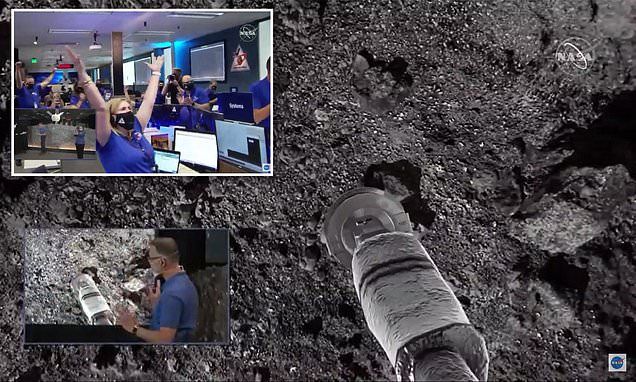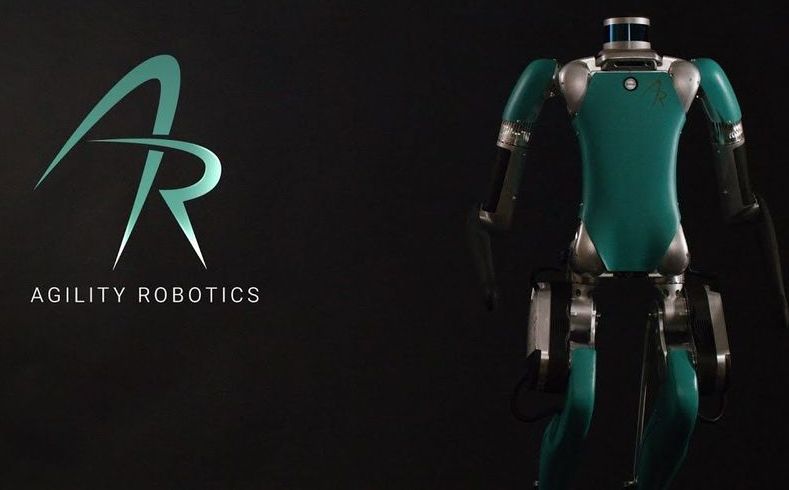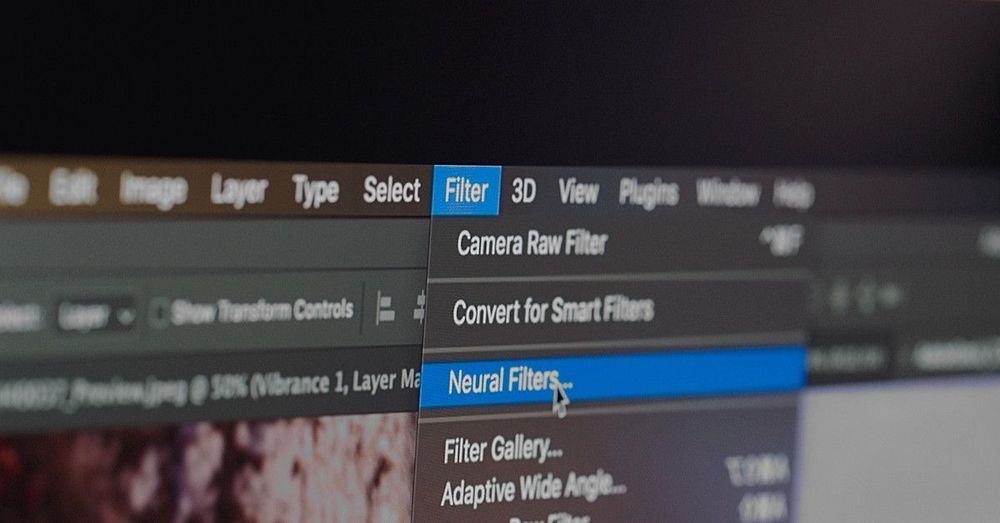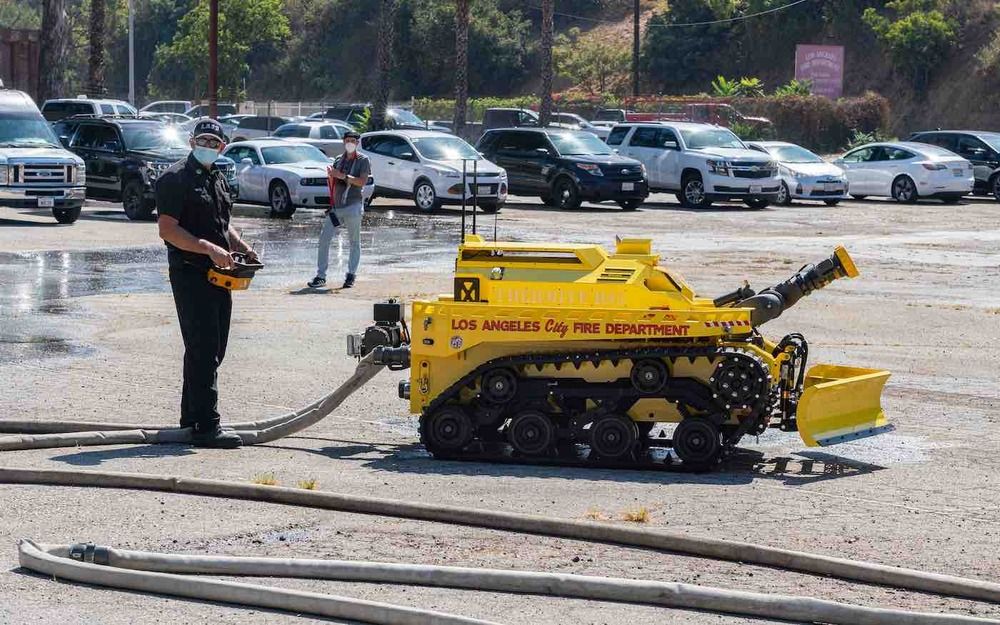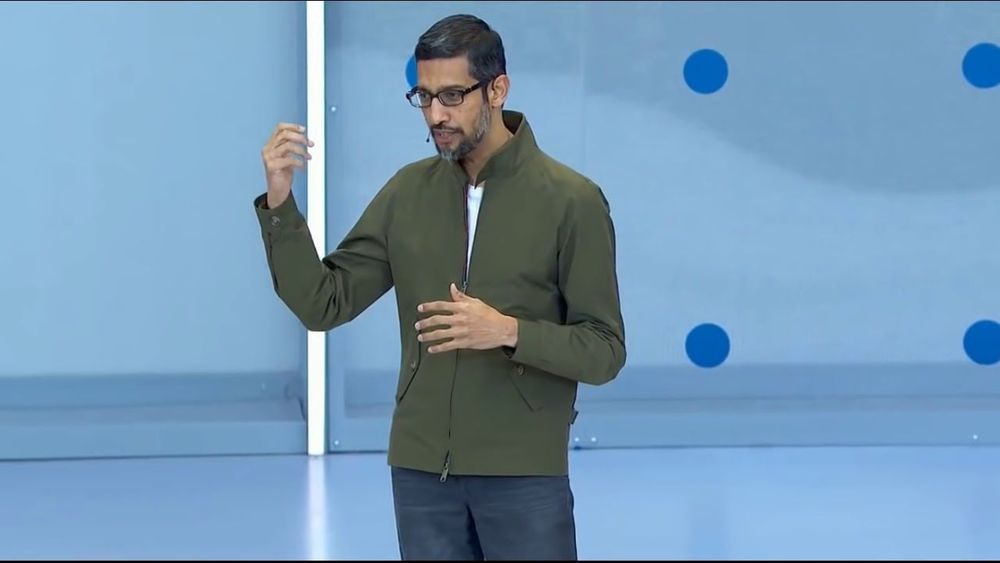NASA’s OSIRIS-REx spacecraft has made a historic touchdown on the asteroid Bennu, dodging boulders the size of buildings to collect samples from the surface for several seconds before safely backing away Tuesday evening.
The meticulous descent took 4.5 hours and by 6.12pm the spacecraft made touchdown where its 11-foot robotic arm acted like a pogo stick and bounced on the asteroid’s surface to collect dirt and dust before the craft launched back into space.
The crucial minutes in the mission started around 5.38pm when the spacecraft extended its arm and cameras toward the asteroid’s surface. By 6pm OSIRIS-REx made matchpoint burn, the spacecraft’s key final maneuver performed by firing its thrusters to match Bennu’s spin to center itself exactly over the landing spot.
